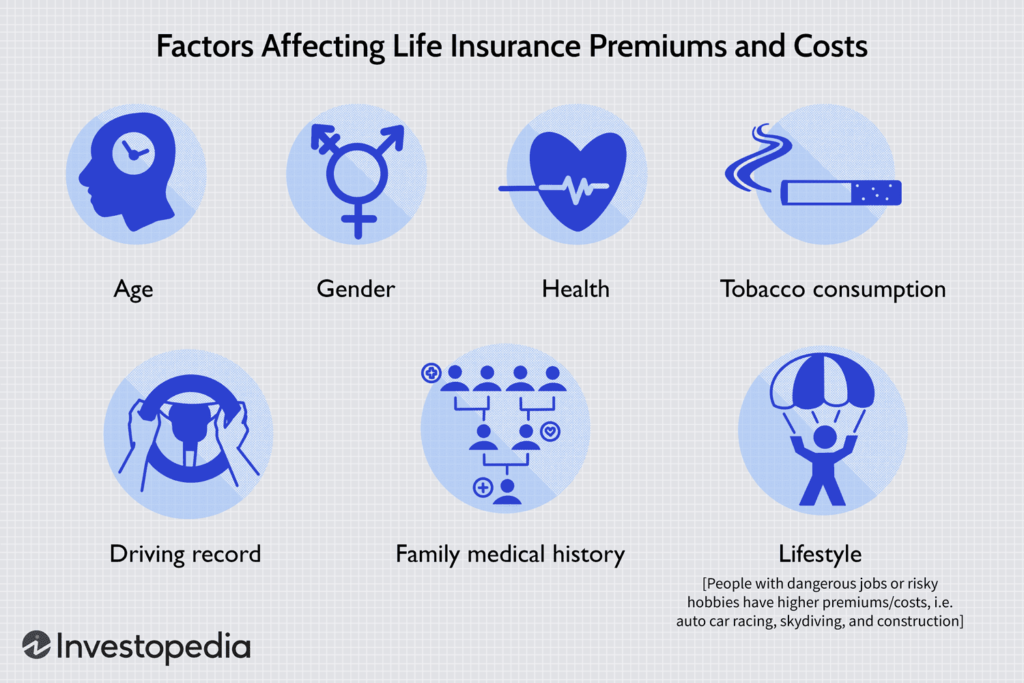Beneficiaries of Insurance: Few Points to Understand
Life insurance is a form of financial security for people who cannot care for their families. It is a way to help financially vulnerable people. However, with the rise of the massive amount of cashless transactions, it is much easier to take out money from your bank account. This has increased the risks in taking out insurance and made the process more complicated. As a result, many people opt for life insurance instead of cash or credit card. But just because it is convenient doesn’t mean that this option is easy to use.
How do I transfer funds?
This is a problem that many people face while using life insurance. They need their beneficiary to transfer the money, so transferring funds has become more complicated. The beneficiary can either provide all of the documentation, or they need to be paid directly with cash or a bank account after death. This leads to more complexity and adds more risks. But if done properly, transferring funds can be quite easy.
How do I transfer cash?
This is a big concern for many people using life insurance to transfer money. First, they need someone to receive the money after death, and then they need someone to give it to them. This usually means that somebody needs to be paid directly with cash or bank accounts. Cash is a better option because it can be tucked away in their safe, and the recipient doesn’t need to worry about how much the money is worth at the time of death. However, if it’s too late for cash and the beneficiary needs to draw down on a life insurance policy or wants to use their life insurance as an investment. Then, we would suggest an account/money manager that allows for cash withdrawals.
Is this problem with life insurance handled differently from other major financial plans?
It depends on the product you have with your insurer, but typically, it is a fast and easy way to transfer funds between one policy and another. I know that the beneficiary needs access to their death benefit via a direct deposit in many cases.
What can I do to ensure that the money deposited goes where it’s supposed to go?
If you are using a direct deposit, you need to check with your company and see how they handle this. If they don’t have any problem with it, then all is well. However, if they require a cashing down deposit or other extra steps, you will have to work with your company to ensure that they provide the appropriate access. If it’s too late for cash and the beneficiary needs to draw down on a life insurance policy or wants to use their life insurance as an investment, contact us here at Financial Advisor Services LLC. We can help you get started.
What happens if my beneficiary cannot pay the policy proceeds back on my behalf or does not want to pay me now but later wants payments made out of the death benefit?
The other option for this is to set up a trust. This is very similar to a will, but it only goes as far as the beneficiary.
There are important differences: The beneficiary can be anyone and can not be your child or spouse. So, for example, if an elderly widow who has been paying $10 per month on her life insurance policy dies and leaves you with the proceeds, you can not transfer this money to your child or spouse.
f the beneficiary is not deceased and after the death, then there would be some questions about how much should be paid to the beneficiary of a trust. The only way around this is for someone recognized as a “spouse” by law and has lived with that person for at least ten years.
Difference Between Trust and Estate:
There are also some important differences between a trust and an estate. For example, a “trust” is not subject to probate or taxes, and the beneficiaries can be anyone—not just your children.
While you will have to pay taxes on the income from the life insurance policy, this won’t affect the beneficiary of your trust, and they will not have to pay taxes on the income from that policy.
You also only have to pay taxes on money placed in your trust—not on money taken out or any other income. However, an estate is subject to probate, and probate will take from you if the beneficiary dies before you die, and this can be a big hassle for someone who has already passed.



